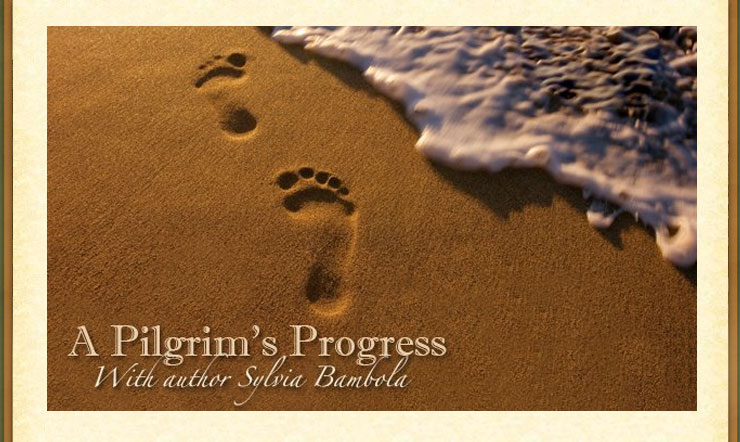The Right Time
Monday, 22 July 2013 16:03:00All His radical pronouncements made Jesus a marked man. A death sentence now hung over his head (John 7:1-53). It was inevitable. So when the Feast of Tabernacles draws near and his unbelieving kin, his natural brothers, tell Him to go into Judea, Jesus answers with, “My time is not yet come.” Like so often is the case, His words have a double meaning. He is proclaiming that it’s not yet time to lay down His life as the lamb of sacrifice nor is it time to become King, and tabernacle with man. So He stayed behind in Galilee. That is until the middle of Tabernacles when He went to Jerusalem secretly then began teaching in the Temple.
But His teachings only managed to arouse more scorn and controversy. “He deceives the people!” some say. While others claim He’s “possessed by a demon.” To which Jesus responds, “My teaching is not My own, but His Who sent Me.” Then on the final and most important day of the feast (of Tabernacles) Jesus stands and cries in a loud voice, “If any man is thirsty, let him come to Me and drink!” (John 7:37) A discussion breaks out as the crowd wonders if Jesus could really be the Messiah. “No one knows where the Messiah will come from,” some claim, showing their lack of knowledge of God’s word. Others who know the scriptures say, “Does the Messiah come out of Galilee? Does not the scripture tell us that the Christ (Messiah) will come from the offspring of David, and from Bethlehem, the village where David lived?” But it appears their knowledge is useless for they can’t apply it to Jesus. They had not taken the time to really learn Who He was. For one thing, if they had they would have known Jesus didn’t come from Galilee. And, thankfully, there’s a third group who openly proclaims, “This is the Christ, the Messiah, the Anointed One!” All were Jews, but very different spiritually. And don’t you know we have these same three groups in our Church today? First there are those who have little real knowledge of God’s word. Then comes the “religious types” who know the Bible but fail to apply it to their lives, to live it. And finally, those who know God’s word and follow it.
Ok, what about the Feast of Tabernacles? What do those two references about that feast in John 7:1-53 tell us? First off, the Feast of Tabernacle is the last of seven feasts of Israel, or feasts of the Lord. These seven feasts provide a picture of prophetic events spanning the seven thousand years which many Bible scholars believe encompass all of human history. In the middle of the seven feasts or feast number four, is Pentecost. Jesus’ appearing in the middle of the “feast” is a foreshadowing of Pentecost and the new dispensation of grace. It literally speaks of His soon coming death and the appearance of the Holy Spirit who would herald an entirely new eon, a new era. Grace would replace law. And when Jesus rose up and proclaimed Himself living water on the “final day” He was also referring to the Holy Spirit who would come at Pentecost. It’s no accident that this took place on the last day or Great Day, the culmination of Beit HaShoevah, the ritual of the water pouring where the high priest passed through the Water Gate with his golden pitcher to collect water from the pool of Siloam then used it to cleanse the Temple altar. Jesus was soon to cleanse humanity by pouring out His blood upon God’s heavenly altar and herald in the Age of Grace where the Holy Spirit would be “living water,” the ultimate living water, for all those who thirst after righteousness.
But here’s the best part. Jesus is no longer saying “my time is not yet come.” He has fulfilled part of the prophecy of the Feast of Tabernacles. His blood has cleansed the heavenly altar and His Holy Spirit is the very fountain of living water. We can all experience Jesus as both our lamb sacrifice and as our living water through the Holy Spirit. And even though Jesus has yet to appear on earth as King, and tabernacle with us physically—that will occur during the millennial reign—He will tabernacle with each of us individually if we ask Him. So His time has come. And it’s the right time for all three groups. The right time to truly learn God’s word; the right time to apply it, to live it; and the right time to tabernacle with Jesus, and make Him King over our lives.
Until next time,
Sylvia




